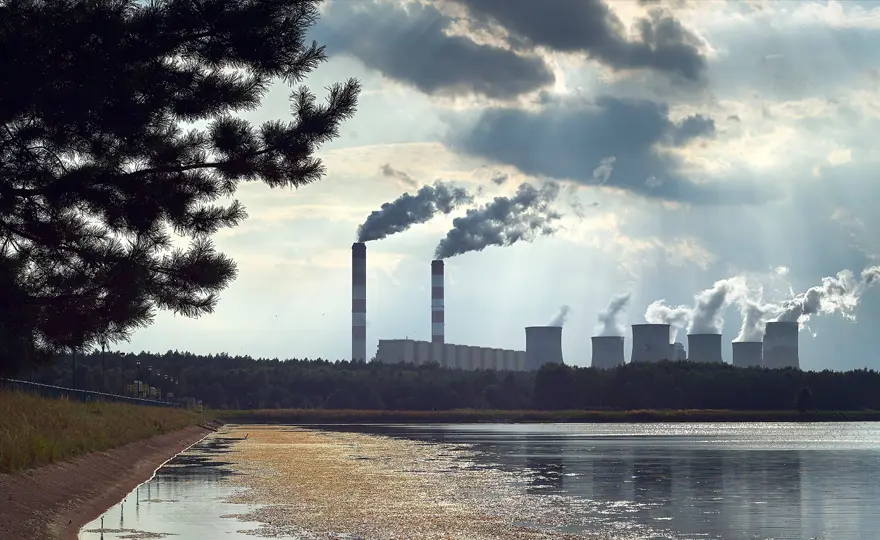ClientEarth Communications
22nd September 2020


Last year, we launched a legal challenge against Europe’s largest power plant – Belchatow – and two of its mines.
Today in a landmark decision, a District Court judge in Poland demanded the plant operators negotiate with our lawyers to accelerate the plant’s closure and find a solution within three months.
The decision is a major breakthrough that signals to the people of Poland that the health of the country and the planet is more important than coal.
Head of ClientEarth’s Central and Eastern Europe operation Marcin Stoczkiewicz said: “This decision is a major breakthrough for the environmental movement. It puts environmental experts at the table with coal companies, to find a solution that genuinely works for the climate.
Belchatow is a giant coal plant in Central Poland, burning 45 million tonnes of lignite, the dirtiest form of coal, every year – an entire tonne every second.
Over its lifetime, the plant has emitted approximately 1 billion tonnes of CO2 into the atmosphere, making it the largest single greenhouse gas emitter in Europe. Its annual emissions, roughly equivalent to the sum total of New Zealand’s, are rising year on year.
The plant is a major climate culprit but its owner, PGE GiEK, has not presented any official plan to reduce its climate impacts.
We’re demanding that the plant operators stop burning lignite in the plant – or take measures to eliminate its CO2 emissions – by 2035 at the latest.
The largest emitters, like Belchatow, must shoulder their share of responsibility for the climate crisis. Without a rapid coal phase-out, the climate fight will be futile.
Our Head of Central and Eastern Europe Marcin Stoczkiewicz said: “Belchatow Power Plant has provided Poland with vital power for decades but times have changed. The largest emitters, like Belchatow, must shoulder their share of responsibility for the climate crisis. Without a rapid coal phase-out, the climate fight will be futile.”
The lawsuit leverages Polish civil law in a completely new way, focusing on the environment as a common good, which NGOs can go to court to protect. This includes demanding installations and their owners cease activities which are causing harm to the environment.
Marcin said: “This is a first-of-its-kind lawsuit, seeking to hold coal plant operators to account for the direct impact their operations have on the planet and the surrounding environment. To protect the planet we rely on, we need to see a drastic reduction in carbon emissions and we are using litigation to accelerate the process.”
Lignite plants like Belchatow, are fed by nearby mines because transporting the heavy, wet coal is so difficult. So Belchatow is surrounded by huge opencast mines. As the first ones are exhausted, the operators are trying to dig another, the Zloczew mine, which would displace 3,000 people – and release tonnes of toxic heavy metals into the soil and water. This would not only be environmentally devastating, but hugely expensive, and is being met with fierce opposition. In a separate case, we're challenging the mine.
Head of ClientEarth Poland’s energy team Ilona Jedrasik said: “The damage this mine would cause, socially and environmentally, cannot be overstated. It is a catastrophe, not just for the thousands of people whose way of life would be bulldozed to make way for it, but for the landmass it will destroy – and all to feed a hugely polluting coal plant. From seismic tremors to chemical leakage, it is extremely hard to see how PGE can justify this project.”